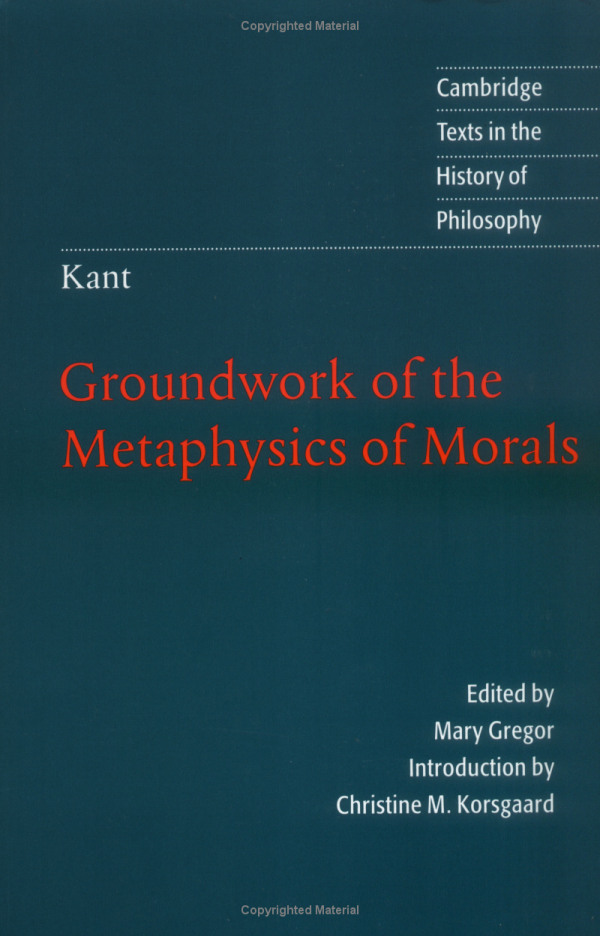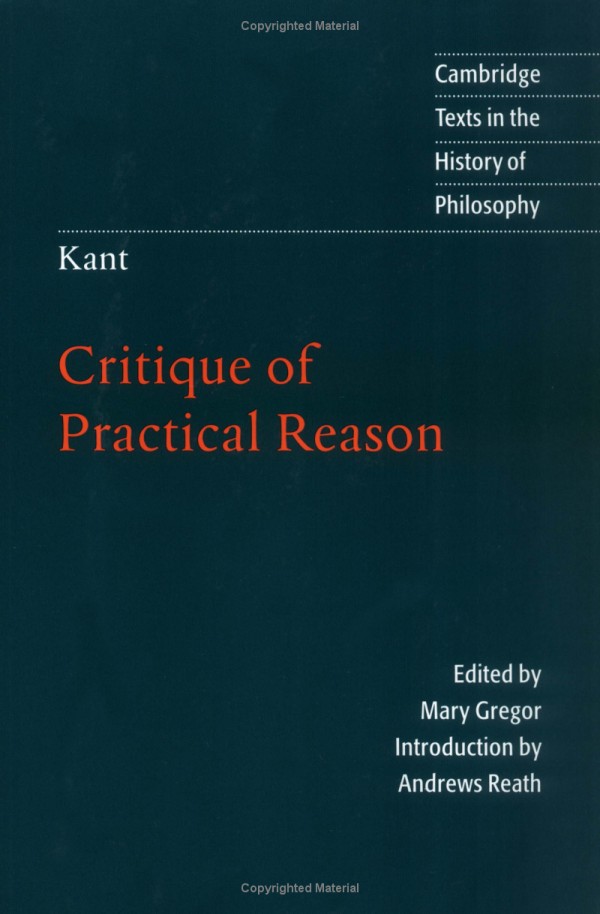
Groundwork of the Metaphysics of Morals
Book Description
What if the very foundation of morality could reshape society? In "Groundwork of the Metaphysics of Morals," Immanuel Kant unveils a bold new vision where duty and reason illuminate the path to ethical living. Delve into a world where moral laws govern human actions, challenging the chaos of desire and inclination. This groundbreaking work confronts age-old questions of right and wrong, igniting a fierce debate about the nature of justice and the essence of freedom. As reverberations of his ideas echo through time, one question looms: Can humanity truly grasp and adhere to absolute moral principles?
Quick Book Summary
Immanuel Kant’s "Groundwork of the Metaphysics of Morals" lays the foundation for his influential moral philosophy. Challenging prior systems based on feelings, tradition, or self-interest, Kant argues that genuine morality is rooted in pure reason and universal laws. Central to his theory is the concept of the categorical imperative, which dictates that moral actions must be guided by principles that can be willed as universal laws—regardless of personal inclinations or consequences. Kant distinguishes between acting in accordance with duty and acting from duty, emphasizing the intrinsic value of moral motivation. By cultivating moral autonomy and respect for rational beings, he insists that true freedom arises when individuals embrace ethical laws self-imposed through reason. Kant’s work remains pivotal in debates concerning justice, dignity, and the possibility of objective moral truth.
Summary of Key Ideas
Table of Contents
The Categorical Imperative and Moral Law
Kant begins the "Groundwork" by distinguishing between empirical and pure philosophy. He asserts that moral principles should come from pure reason, uncontaminated by experience or emotion. Moral laws, he argues, must be necessary and universal, not contingent or particular. Thus, he seeks to identify the supreme principle of morality, which governs all rational beings regardless of circumstance.
Duty versus Inclination
Central to Kant's theory is the concept of duty. He differentiates between actions done in accordance with duty and those done from duty. Genuine moral worth, according to Kant, is found only in actions performed out of reverence for duty, not from inclination or desire. This distinction elevates the motivation behind actions over their results and insists that moral obligations are binding regardless of personal interests or external outcomes.
Autonomy and Moral Freedom
Kant introduces the categorical imperative as the foundational rule of ethical reasoning. Unlike hypothetical imperatives, which are conditional and based on desired outcomes, the categorical imperative requires that one act only according to maxims that can be universally willed. This principle demands consistency and impartiality, insisting that what is right for one must be right for all. Through various formulations, Kant explores how this imperative guides moral judgment and decision-making.
The Universalizability Principle
Another important concept is autonomy—the idea that rational beings must be self-legislators of the moral law. Kant contrasts this with heteronomy, where one’s actions are determined by outside influences or personal inclinations. Only when people act autonomously, obeying laws they give themselves through reason, do they demonstrate genuine moral freedom. This autonomy is essential for dignity and responsibility in Kant’s ethical system.
The Humanity Formula: Respect for Persons
Kant closes by emphasizing the intrinsic worth of rational beings, captured in the "humanity formula" of the categorical imperative: one must treat humanity, in oneself and others, always as an end and never merely as a means. This underpins his vision of justice and respect for persons. He argues that adherence to moral law brings coherence, equality, and moral progress to society. Kant’s rigorous framework continues to influence philosophical debates on morality, justice, and human rights.
Download This Summary
Get a free PDF of this summary instantly — no email required.





